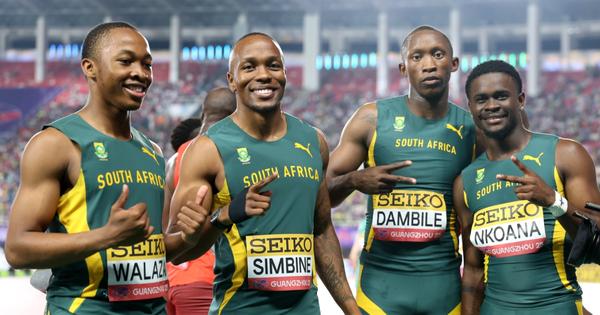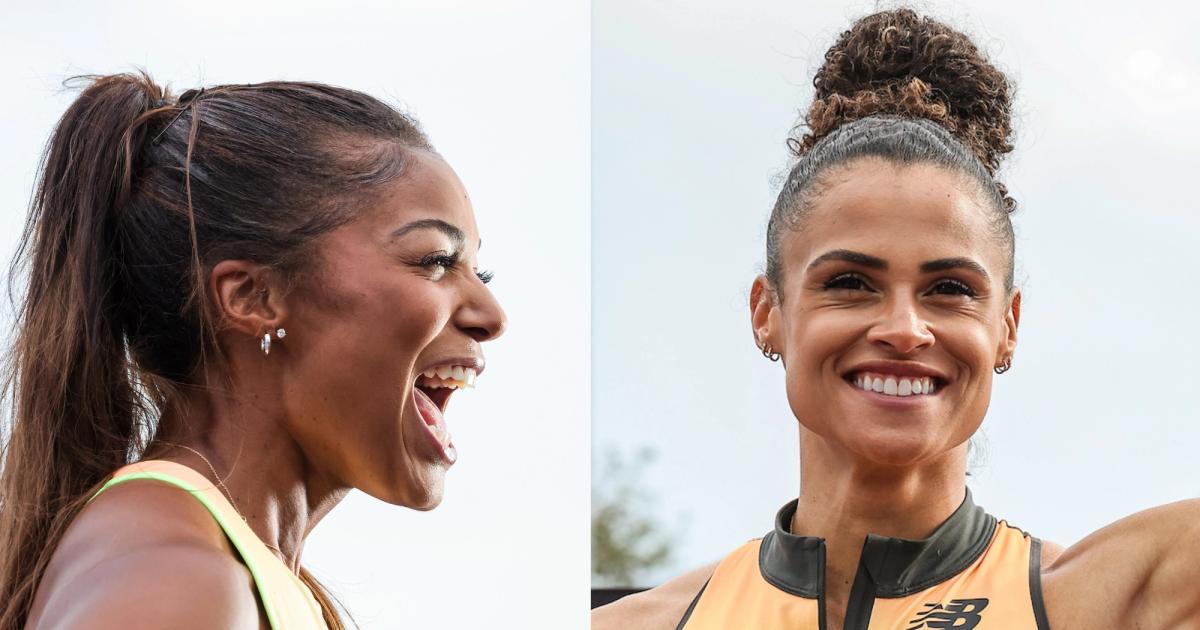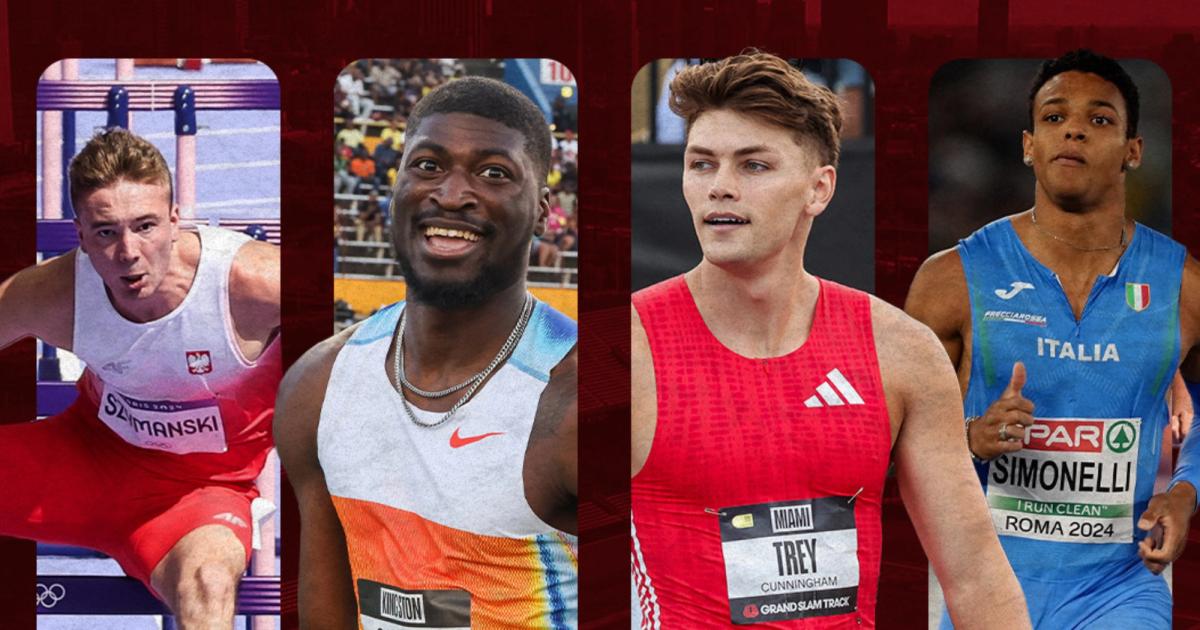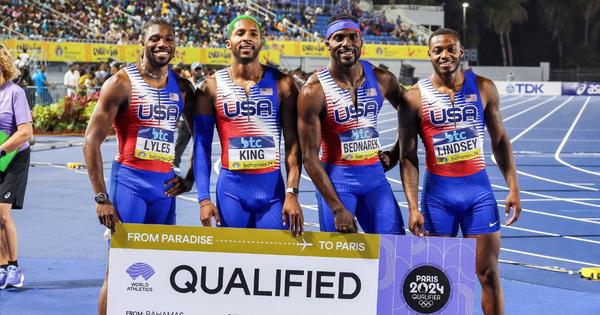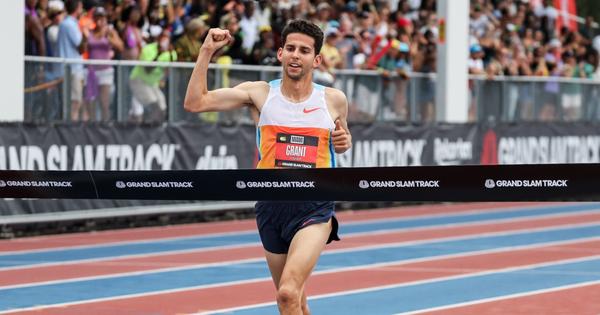By David Melly
May 14, 2025
Did you know there was a World Championship this weekend?
Well, sorta. It’s hard to say these days whether World Relays counts as a standalone global championship event or a qualifying event for the actual championship in Tokyo later this year. There are medals handed out, sure, but most events that aren’t featured at outdoor World Champs have been cut out of the program, and the branding of the event has been retooled to focus on the notion that the top 14 teams earn spots in spots to compete for a different set of medals this fall.
Does winning the 4x100m at this event make you a World Champion? If so, are you the reigning World champ for only four months? Are we really supposed to be explaining to casuals that a “World Relays champion” and a “World champion relay” are two entirely different things?
It’s not a great sign that World Athletics itself felt the need to publish an elaborate flow chart describing the qualifying system baked into the meet. And it doesn’t make for a particularly linear television narrative when the teams all race on Day 1, some of them qualify for Worlds but still race on Day 2 for medals, the others race a different race on Day 2, where your performance also can qualify you for Worlds but doesn’t win you medals.
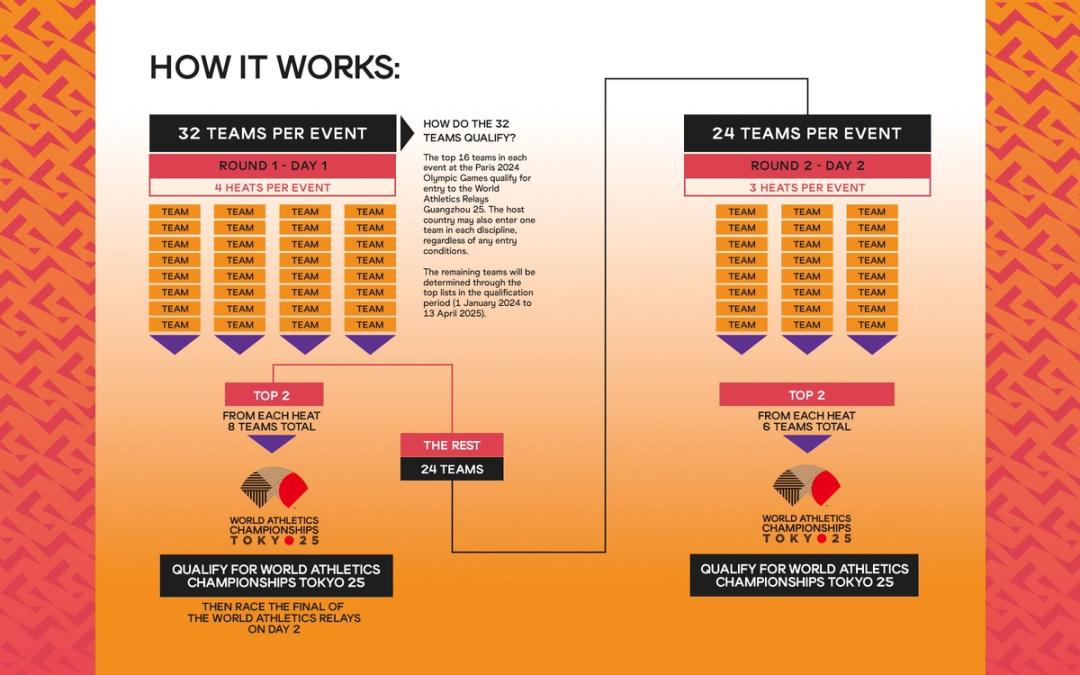
There is up to $40,000 of prize money on offer for the win, but when that gets divided 4-7 ways and you have to travel halfway around the world, you can understand why a lot of top Americans and Europeans didn’t bother. Of the 16 Olympic medalists over 100m, 200m, and 400m from Paris, only three: Kishane Thompson, Kenny Bednarek, and Natalia Bukowiecka (née Kaczmarek) made the trip to Guangzhao.
For poor Kishane Thompson, no good deed went unpunished. Thompson went all the way to China to do a lot of standing around, as exchange woes struck not once, but twice on the second handoff of the men’s 4x100m, meaning Thompson—slated to anchor both days—never got a chance to properly represent his country. And now, he may be watching the Tokyo 4x100m final from the stands, as Jamaica doesn’t currently have a qualifier and currently sits at 30th on the descending order list within the qualifying period. So catch a Jamaican all-star team competing at [meet to be determined] later this summer!
Of all the nations entered in this meet, Jamaica is probably the least karmically deserving of their poor outcomes as they actually sent several of their biggest stars, most notably Shelly-Ann Fraser-Pryce, Shericka Jackson, Yohan Blake, and Thompson. At least the women picked up a bronze medal, but a team that consists of the third and fifth fastest 100-meter runners in history getting beaten outright by Great Britain and Spain has to be considered an underachiever.
Spain, on the other hand, has to be heading back west feeling pretty darn bueno. Despite having never medaled in a relay at either the Olympics or World Championships, the women picked up a victory in the women’s 4x400m and silver in the 4x100m. Paula Sevilla, the 400m bronze medalist at this year’s European Indoors, raced four times across both events last weekend, and her hard work paid off. Spain is one of the few countries that features relays at its national championships, and Sevilla has six national titles in the 4x100m… seems like there may be a lesson for other nations to learn here.
One team that certainly left the meet satisfied is South Africa. The federation won the men’s 4x100m and 4x400m, alongside a bronze in the women’s 4x400m in national-record time. Together with a fifth-place finish in the mixed 4x400m, South Africans qualified for Worlds in every event they contested. The hero of the weekend had to be Akani Simbine, who ran away from Olympic champ Andre De Grasse and ran down American Brandon Hicklin to anchor his team to a 37.61 world leading time. That’s just 0.04 seconds off the team’s silver-medal performance at last summer’s Olympics (featuring three of the same four legs), which in turn was only 0.07 seconds off the Canadians’ gold-medal performance.
Simbine’s run in Guangzhou continues what could be a breakout season for the 31-year-old. One year ago, Simbine had never won a medal on a global stage and was riding an unfortunate string of near misses in 100-meter finals. Over the past 12 months he’s picked up an Olympic silver in the 4x100m and a bronze at World Indoors in the 60m, and now a questionably-legitimate gold medal on a world stage of sorts. He’s also three-for-three so far this outdoor season in 100ms, including a world-leading 9.90 into a headwind in Botswana back in April. Racing early and often has worked so far for the sprinter, whose trip to China included two Diamond League victories as well.
Smaller countries end up necessarily more dependent on their few big stars, and as such, teams like the Netherlands and Botswana felt the absence of their 400m studs. But others, like Great Britain, made do without Daryll Neita or Dina Asher-Smith and still brought home some hardware in the sprints. It’s hard to know exactly how much emphasis each federation put into their selection and preparation. So it’s also hard to say that the countries that scraped together a winning foursome simply cared more, but when a nation doesn’t field its best team and then underperforms, it’s hard to feel sympathy.
And then we come to the red, white, and blue elephant in the room. Team USA started off its World-Relays weekend in the worst possible form, with a botched exchange in its first-ever mixed 4x100m relay. They weren’t alone, as three of the 14 entrants in the debut event had trouble getting the stick around. The men’s 4x100m and women’s 4x400m fared better, with a pair of silver medals, but American women have won seven of the last eight global titles in the latter event, so anything less than gold feels like a letdown.
Despite riding a three-gold streak in the women’s 4x100m, the absence of Sha’Carri Richardson on anchor was badly felt as Tee Tee Terry could only carry the team to a fourth place run. And the nation that featured the Olympic men’s 400m champ, the Olympic 400H champ, and the three fastest times in the world this year somehow couldn’t make the final in the men’s 4x400m. They’ll have a chance at redemption in Tokyo, as the quartet in the repechage round clocked a 2:58.68, but even if they’d run that time in the official final, they’d have finished fourth.
The one bright light in a very dim weekend for Team USA was a win in the mixed 4x400m, thanks in large part to Lynna Irby-Jackson’s 49.53 anchor split. U.S. teams have now posted five of the nine fastest marks ever run in the still-young event, but the absence of Femke Bol and Marileidy Paulino on the anchor leg has to be considered for context. Still, on a weekend where nothing quite went right for the Americans, simply coming home with something to brag about is worth a little praise.
The star power of Team USA at its best is a double-edged sword in the relays: it virtually guarantees gold when everyone shows up and performs, but it can also make the events—especially in the 4x400ms—a little boring if the conclusion is foregone. But we got a peek into what a Lyles/Richardson/McLaughlin/Benjamin-less relay squad looks like this weekend and it wasn’t exactly inspiring. Surely, even the other teams in the race would rather a proper defeat of the country’s best and brightest than a Pyrrhic victory over a C-squad?
To be clear, this isn’t a knock on the athletes who competed. They showed up to an event where their nation needed them to perform and tried their hardest. The blame here falls on World Athletics, who can’t quite seem to decide what this meet means or entice stars to show up, and to a lesser extent, the federations themselves with gold-medal potential who don’t send the teams to back it up.
Team USA successfully secured a spot on the starting line at the World Championships in all five relays that will be contested. At the end of the day, if WA treats World Relays like a qualifier, that’s how countries will approach it as well. When it comes to the dessert on offer at World Relays, you can’t have your medal and eat it too.
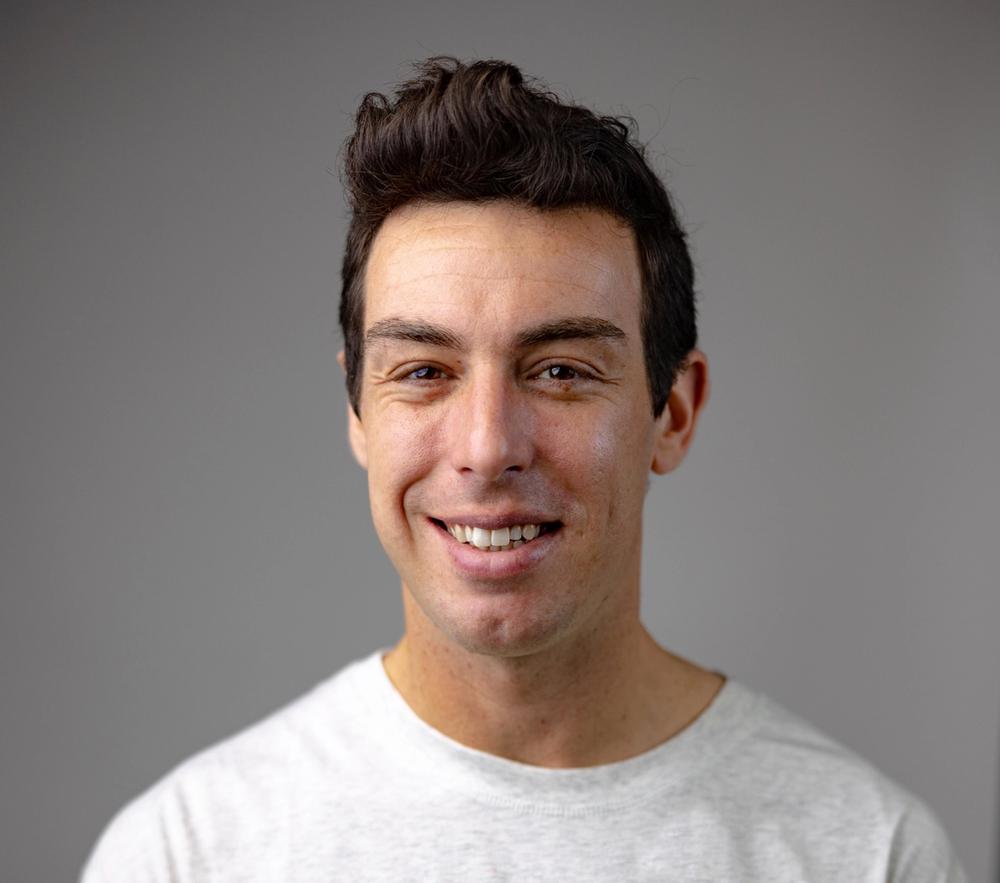
David Melly
David began contributing to CITIUS in 2018, and quickly cemented himself as an integral part of the team thanks to his quick wit, hot takes, undying love for the sport and willingness to get yelled at online.
